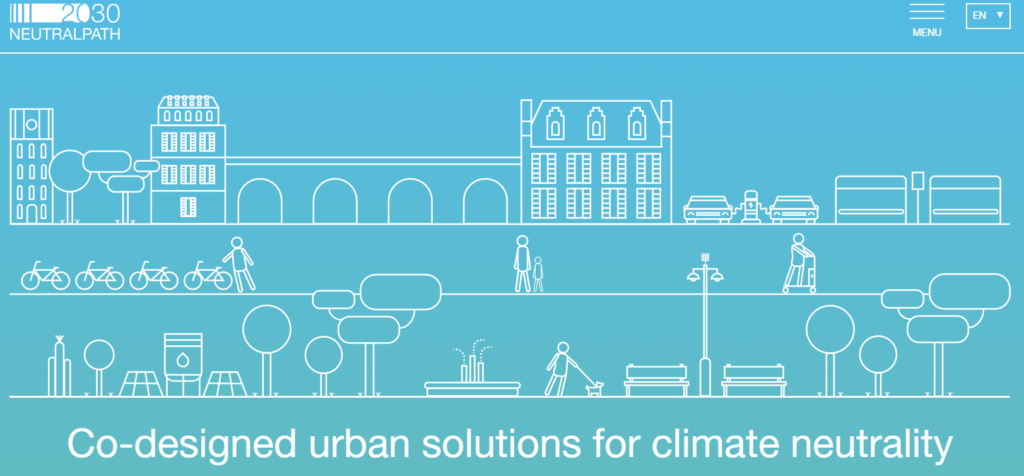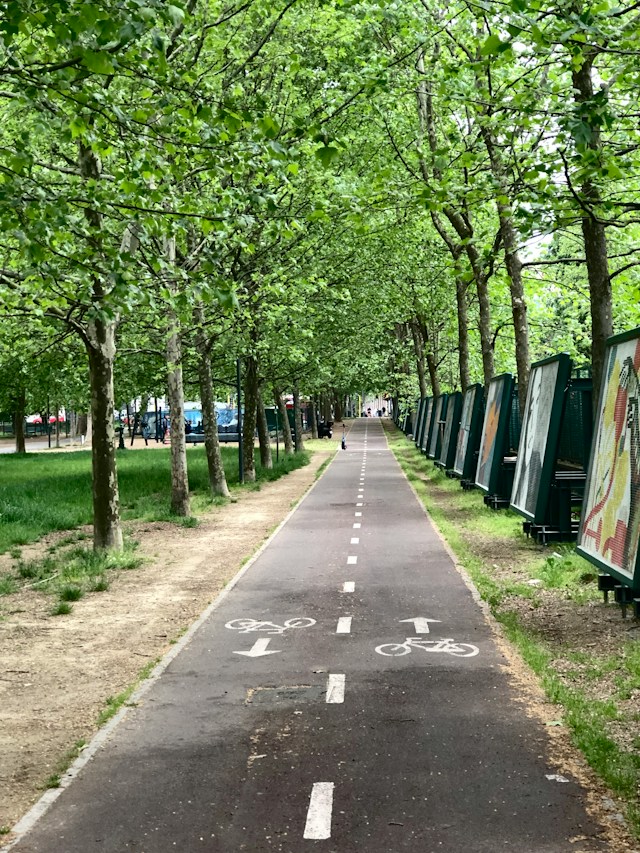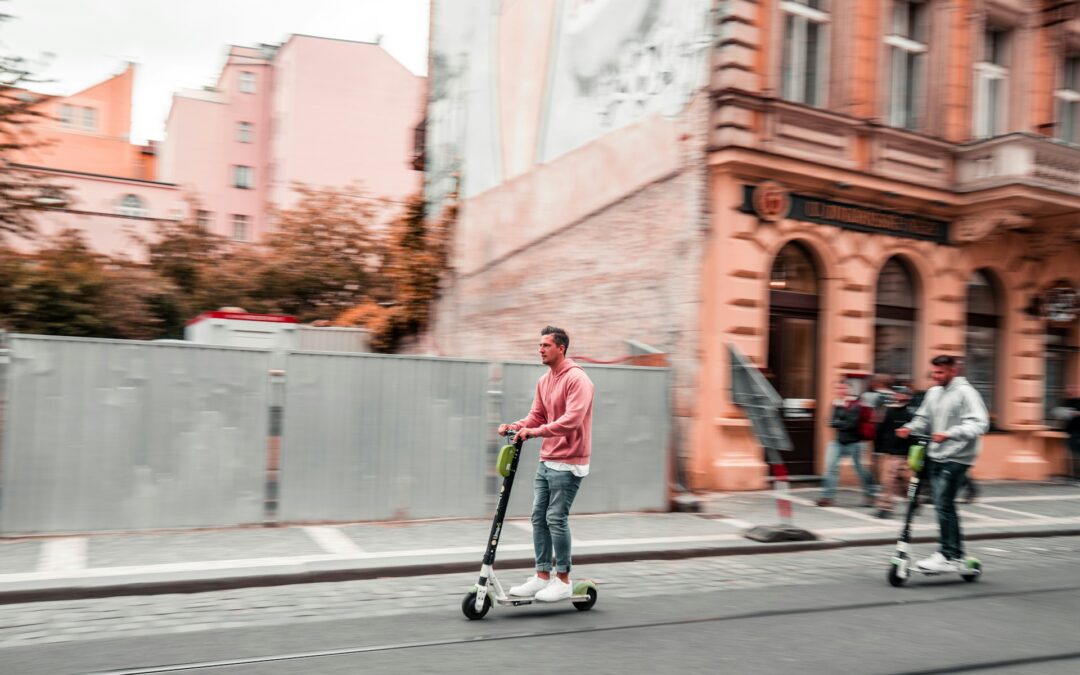A year ago, at the beginning of 2023, at CARTIF we started one of those great projects that leave a footprint (although if we talk in terms of emissions, the idea is actually to reduce them), NEUTRALPATH. In it, the cities of Zaragoza (Spain) and Dresden (Germany) are developing PCED (clean and positive energy districts) with the aim of becoming pioneering cities in the European Union in terms of climate neutrality and zero pollution by 2030. Istanbul, Vantaa and Ghent join the two aforementioned cities in NEUTRALPATH with the idea of scaling up and replicating methodologies and results in their own city plans.
For those of you, seasoned readers, who are loyal followers of this blog, the idea of climate neutrality and zero pollution in Europe with a target date of 2030 will surely ring a bell. Indeed, NEUTRALPATH is one of those few projects funded by the EU under the umbrella of the “100 climate-neutral smart cities by 2030” mission. The EU has set out to become climate neutral by 2050, and this Mission aims to support, promote and showcase the transformation of 100 pioneering European cities to become climate neutral by 2030, turning them into centres of experimentation and innovation for all other European cities, acting as a mirror for them to look up to and learn from.

Within this framework, research and innovation projects are funded that address:
- Clean mobility, e.g. through the use of non-greenhouse gas emitting means of transport, such as electric vehicles or hydrogen or other alternative fuel vehicles, the use of bicycles, scooters and other non-motorised means of transport.
- Energy efficiency through the use of technologies and practices that reduce energy consumption and greenhouse gas emissions in buildings and industry through equipment and envelope renovations and the use of renewable energies;
- Green urban planning with measures related to the promotion of green spaces, the use of sustainable building materials or the promotion of biodiversity among others.
With these mission projects, the EU also aims to encourage the creation of joint initiatives, cooperation between projects and increased partnerships in synergy with other EU programmes.
Among the 100 cities finally selected to participate in the mission, seven are Spanish: Madrid, Barcelona, Seville, Valencia, Valladolid, Vitoria-Gasteiz and Zaragoza. In CARTIF we are fortunate to have worked directly in different smart city projects with many of them: Valladolid, through REMOURBAN among others, Vitoria-Gasteiz, within SMARTENCITY, Valencia, as part of MATCHUP, or the aforementioned Zaragoza of NEUTRALPATH.
Well, with the recently launched 2024, CARTIF is also launching another of these great reference projects of the mission: MOBILITIES FOR EU, in which two cities that already have the hallmark of mission cities, Madrid and Dresden, will carry out different actions over the next five years to contribute significantly to their transformation towards climate neutrality. I think the name of the project leaves little doubt about the scope of these actions, don’t you think?

For a long time now, we have been hearing various messages about the importance of implementing changes in the form and means of transport we use on a regular basis. So-called sustainable mobility is nowadays a key issue, especially in cities, where transport is responsible for a large part of greenhouse gas emissions. This is why the decarbonisation of transport is one of the main strategies to reduce emissions and combat climate change. Sustainable mobility can help achieve this goal, among others, by reducing dependence on fossil fuels and promoting the use of cleaner and more efficient means of transport.
But in addition to the overall impact in terms of CO2, implementing sustainable mobility measures and policies can also have other direct benefits for citizens, such as improving air quality or reducing noise pollution. Moreover, the impact on people’s quality of life by reducing traffic and improving road safety is also positive.
Sustainable mobility includes a wide variety of actions and strategies, to be developed by both public entities and private companies or initiatives, that seek to reduce greenhouse gas emissions and improve the quality of life in cities and their environments. Some of them could be the promotion of public transport, which is an efficient and sustainable way to move around cities, cycling and walking, which are not only sustainable but also healthy, as well as the implementation of policies that encourage the use of electric vehicles and the necessary infrastructure for their charging and maintenance. Electric vehicles are a cleaner and more sustainable alternative to internal combustion engine vehicles that directly impact air quality in cities. In addition to these, the development of vehicles using other types of fuels, such as hydrogen, is also an avenue of work. The involvement of companies through the generation of their own sustainable mobility plans for staff is also essential to maximise the overall impact. We must not forget that when we talk about mobility, we are talking about people as well as goods. In terms of logistics, it is also necessary to implement measures that make transport sustainable at different stages of the supply chain. In medium-sized and large cities, it is also necessary to take into account the traffic management policies employed at the global and zone level, as these can help to reduce congestion and improve transport efficiency in the city.
In the case of MOBILITIES FOR EU, the focus is on both passenger mobility and freight transport, and its aim will be to demonstrate that different innovative concepts in the field of mobility designed and implemented in an appropriate way and following participatory principles and focusing on users and their needs can help to achieve the desired goal of climate neutrality, and to do so not only with economic viability but also with profitability.

Madrid and Dresden, acting as lead cities of the project, will implement 11 pilots covering 23 highly innovative demonstration interventions for mobility of people and goods, exploiting the combined potential of electrification, automation and connectivity. These include, among others, interventions with autonomous electric vehicles, innovative charging infrastructures, green fuels, electric buses and H2 vehicles, and advanced connectivity infrastructures, 5G and 6G, for connected and autonomous driving. In both cities, they also aim to build on multiple existing citizen cooperation and social empowerment initiatives by integrating them into what we call “Urban Transport Labs” (UT-Labs), conceived as innovation hubs that will aim to foster faster replication at European level. The five replicator cities, Ioaninna (Greece), Trenčin (Slovakia), Espoo (Finland), Gdansk (Poland) and Sarajevo (Bosnia) will be the first to follow the path set by Madrid and Dresden, first as direct participants in the processes of these two leading cities, and in parallel through their own UT-Labs, and later as main protagonists of their own designs. With the same idea of generating impact beyond the framework and the cities participating in the project itself, the aim is to establish collaborative relationships with the Cities Mission Platform to promote the exchange of knowledge and experiences, as well as with the main EU initiatives in this area such as 2Zero and CCAM.
On 30, 31 January and 1 February, all the project partners will meet in Madrid to jointly kick off this challenging project with which we aspire to improve the environment and the lives of citizens. The MOBILITIES FOR EU social networks will soon be launched as the first means of communication and information through which we will share our progress. Stay tuned!
- MOBILITIES FOR EU - 24 January 2024
- SmartEnCity, main character of the Europe Congress Palace - 16 September 2022
- How to get citizens with energy-consciousness ? - 5 July 2016
